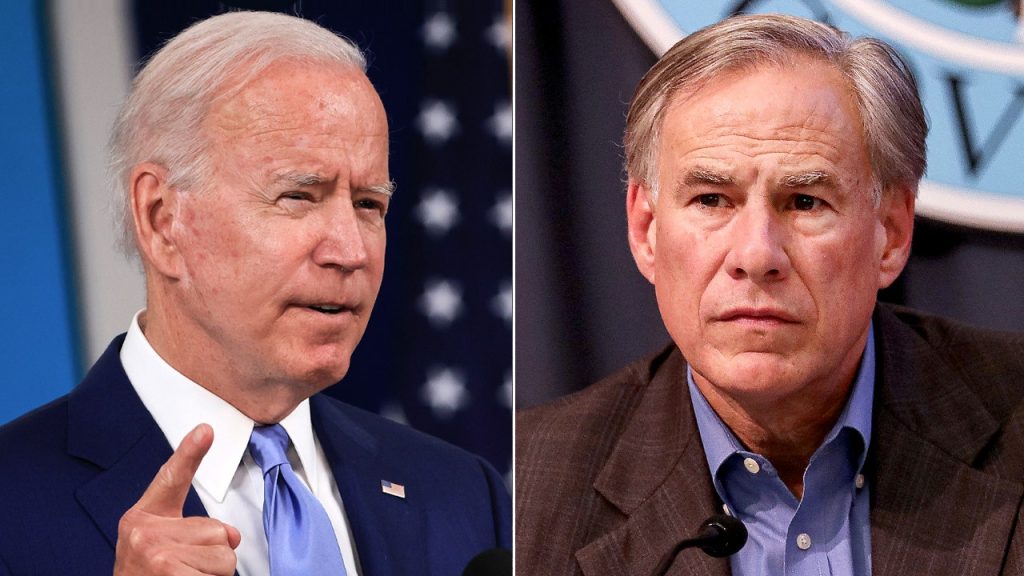Texas Governor Greg Abbott has strongly opposed a proposal that would allow the Secretary of the Air Force to transfer members of the Air National Guard to the Space Force without the consent of their respective governors. In a letter to President Biden, Abbott expressed his concerns, calling the proposal an “intolerable threat” to the National Guard. He argued that the measure would sideline governors as the commanders in chief of the National Guard in each state and U.S. territory, and claimed that it would set a dangerous precedent by allowing Secretaries to dismantle National Guard units without proper consent.
Describing the proposal as a “power grab,” Abbott highlighted the importance of the National Guard in responding to natural disasters, civil disturbances, and cartel activity. He expressed concerns that the measure would weaken the authority of governors and threaten the readiness and efficiency of National Guard units. The governor’s opposition aligns with the sentiments of dozens of other governors who have also written to Defense Secretary Lloyd Austin calling for the discontinuation of Legislative Proposal 480.
Abbott’s clash with the Biden administration over this proposal is just one in a series of disagreements between the Texas governor and the commander in chief. The conflict reflects broader tensions surrounding the distribution of authority between federal and state governments, particularly regarding issues of national security and military readiness. Abbott’s efforts to protect the role of governors as commanders in chief of the National Guard reflect a larger concern about the potential erosion of states’ rights and the implications for the ability of National Guard units to effectively respond to emergencies and threats.
The opposition to the proposal reflects a broader debate about the proper balance of power between federal and state authorities when it comes to the use and deployment of National Guard units. While the federal government plays a critical role in overall national defense, the governors argue that they are best positioned to make decisions about the use of their state’s National Guard resources based on the specific needs and priorities of their communities. This conflict highlights the complex interplay between federal and state authority in matters of national security and military readiness.
Overall, the clash between Governor Abbott and the Biden administration over the proposal to shift members of the Air National Guard to the Space Force without governors’ consent is part of a larger debate about the balance of power between federal and state governments. Abbott’s concerns about the potential implications for the National Guard’s readiness and efficiency, as well as the erosion of governors’ authority, reflect broader tensions surrounding the distribution of power in matters of national security and military decision-making. The outcome of this conflict will have significant ramifications for the relationship between the federal government and the states in matters of defense and emergency response.


